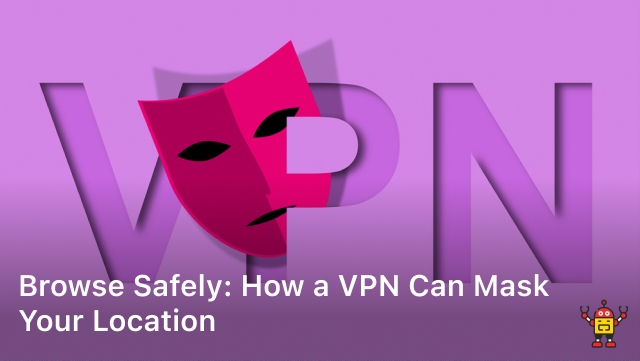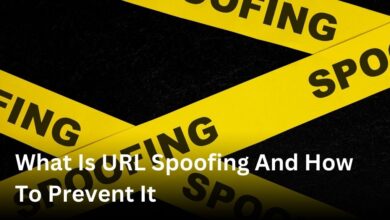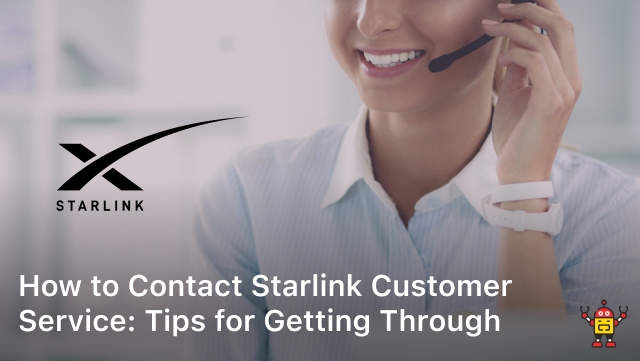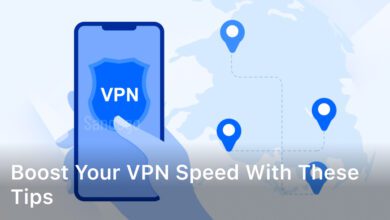If you’re concerned about safeguarding your online privacy, using a VPN for secure web browsing in the States is essential.
A VPN can mask your location, ensuring that third-party trackers cannot monitor your online activities.
By using a VPN, you can enjoy browsing the internet without compromising your privacy.
In this section, we will explore the concept of using a VPN to mask your location.
We will discuss the importance of safeguarding your online privacy and how a VPN can help you achieve this goal.
We will also highlight the benefits of using a VPN for secure web browsing, especially for users in the United States.
Understanding VPNs and Location Masking
Virtual Private Networks or VPNs, are encrypted connections between your device and the internet that allow you to browse the web anonymously while masking your location.
When you connect to a VPN, your internet traffic flows through a securely encrypted tunnel, typically to a remote server in a different location.
This way, your IP address appears to be originating from the location of the remote server, rather than your actual location.
How VPNs Work for Location Masking
VPNs use protocols such as OpenVPN, IKEv2 and L2TP/IPSec to create an encrypted tunnel, which shields your online activity from prying eyes.
The traffic goes through the tunnel and exits through the VPN server, which assigns you a new IP address and location, preventing any unwanted tracking by third-party entities.
This process is known as location masking and is vital for maintaining online privacy.
Location masking allows you to browse the web without revealing your true identity and opens access to geographically restricted content, such as online streaming services or news websites.
It also prevents internet service providers from throttling your connection speed or monitoring your browsing history.
Importance of Location Masking in VPNs
Location masking is significant in protecting your online identity, especially in the United States, where internet surveillance laws are becoming increasingly prevalent.
The ability to mask your location with a VPN shields you from invasive data collection and allows you to maintain control over your personal information.
It also protects you from unwanted targeted advertising and reduces the risk of cyberattacks.
VPN location masking is a critical component of ensuring online privacy and maintaining secure web browsing.
VPNs safeguard your digital presence and promote the safe use of the internet, making them an essential tool for users concerned about their online safety.
Ensuring Online Privacy with a VPN
Online privacy has become a significant concern in today’s digital age.
With cyber threats and data breaches on the rise, it is crucial to protect your sensitive data and online identity.
This is where a VPN comes in handy.
Masking Your IP Address
When you connect to the internet, your IP address is visible to everyone.
This information can be used to track your online activities, location and other sensitive data.
However, by using a VPN, your real IP address is masked and your online activities become anonymous.
This helps to protect your online privacy and prevent third-party tracking.
Preventing Tracking of Your Online Activities
Many websites track your online activities to gather data for targeted advertising and other purposes.
However, using a VPN can prevent this by encrypting your internet connection and making your online activities invisible to these websites.
This enhances your online privacy and prevents unauthorized access to your data.
Safeguarding Your Sensitive Data
With cybercrime on the rise, protecting your sensitive data has become more critical than ever.
A VPN can help safeguard your data by encrypting your internet connection and preventing unauthorized access.
This helps to protect your personal and financial information from cyber threats like hackers and identity theft.
VPN for Privacy
Using a VPN is an effective way to enhance your online privacy and protect your sensitive data.
Whether you are browsing from home, work or a public Wi-Fi network, a VPN can provide an added layer of security and anonymity.
By ensuring online privacy with a VPN, you can browse the web with confidence and peace of mind.
Advantages of Using a VPN for Secure Web Browsing
Using a VPN for secure web browsing offers a host of benefits that can significantly enhance your online experience.
Here are a few key advantages:
Encrypted Connections
One of the main advantages of using a VPN is that it provides encrypted connections.
This means that all data transmitted between your device and the internet is scrambled and secured with advanced encryption algorithms.
This makes it almost impossible for hackers or other third parties to intercept and decipher your data.
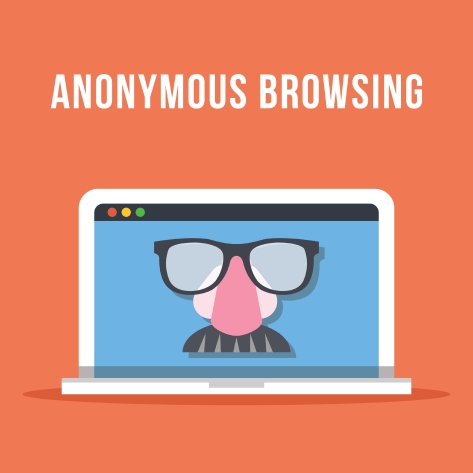
Anonymous Browsing
Another significant advantage of using a VPN is that it enables anonymous browsing.
When you connect to a VPN, your IP address is masked and your online activities are routed through a remote server.
This makes it virtually impossible for anyone to track or identify your online presence.
This is particularly important for users in the United States, where online privacy laws are relatively lax.
Access to Geographically Restricted Content
With a VPN, you can access content that may be restricted in your geographical location.
For example, if you are in the United States and want to watch a show or movie only available in the UK, you can use a VPN to connect to a UK server and access the content as if you were physically located there.
This allows users to bypass censorship and access the full range of content available on the internet.
Secure Browsing on Public Wi-Fi Networks
Public Wi-Fi networks are notoriously vulnerable to hackers and other malicious actors.
With a VPN, however, you can browse safely and securely on public Wi-Fi networks.
VPNs encrypt your internet traffic and shield it from prying eyes, allowing you to safely use public networks without worrying about the security risks.
Overall, using a VPN for secure web browsing can significantly enhance your online experience, providing a better, safer and more private browsing experience.
Conclusion
In conclusion, using a VPN is a reliable way to mask your location and improve your online security.
By utilizing location masking, you can protect your identity and prevent third-party tracking.
VPNs also provide enhanced online privacy by masking your IP address, encrypting your connection and safeguarding your sensitive data.
Moreover, VPNs offer advantages for secure web browsing, including anonymous browsing, access to geographically restricted content and protection against public Wi-Fi networks.
With the current digital landscape, it is essential to prioritize your online security and privacy.
Choose a Reliable VPN Service
When selecting a VPN service, it is crucial to choose a reliable provider that offers strong encryption and a no-logging policy.
It is also important to consider factors such as server locations, speed and user-friendly interface.
By selecting a trustworthy VPN service, you can rest assured that your online activities are safeguarded and your location is masked.
Overall, using a VPN for location masking, online privacy and secure web browsing is a beneficial practice for all internet users, especially those in the United States.
By prioritizing your online security, you can browse the web with confidence and peace of mind.
FAQ
How does a VPN mask your location?
A VPN, or Virtual Private Network, masks your location by encrypting your internet connection and routing it through a server in a different location. This makes it appear as if you are accessing the internet from that server’s location, effectively hiding your actual location.
Why is safeguarding online privacy important?
Safeguarding online privacy is important because it helps protect your personal information and prevents unauthorized access to your online activities. It ensures that your sensitive data, such as passwords and financial details, remain confidential and reduces the risk of identity theft and online surveillance.
How does a VPN enhance online privacy?
A VPN enhances online privacy by encrypting your internet traffic, making it unreadable to potential eavesdroppers. It also masks your IP address, preventing websites and online services from tracking your online activities. Additionally, a VPN can protect your sensitive data by securing your connection on public Wi-Fi networks.
What are the advantages of using a VPN for secure web browsing?
Using a VPN for secure web browsing offers several advantages. Firstly, it provides encrypted connections that ensure the confidentiality of your data. Secondly, it allows for anonymous browsing, protecting your identity online. Lastly, a VPN can grant you access to geographically restricted content, enabling you to bypass content blocks and enjoy a more diverse online experience.

